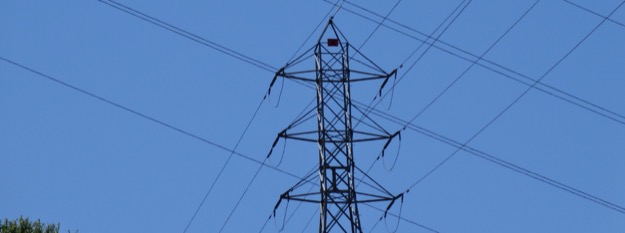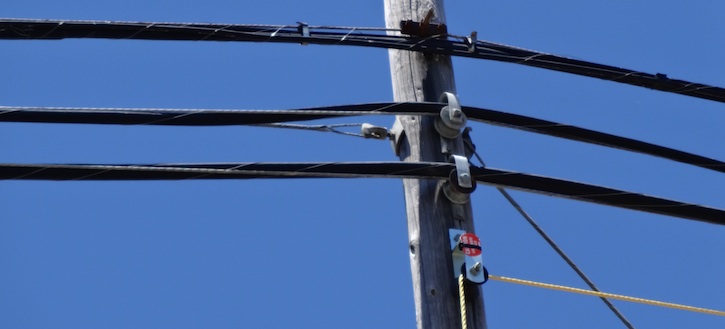PG&E adopts a dark fiber and wholesale telecoms services business model
![Hydrogen Iodide at en.wikipedia [GFDL (https://www.gnu.org/copyleft/fdl.html) or CC-BY-SA-3.0 (https://creativecommons.org/licenses/by-sa/3.0/)], via Wikimedia Commons](https://www.tellusventure.com/images/2017/6/pge_transmission.jpg)
The low ball fiber business plan that PG&E submitted to the California Public Utilities Commission drew criticism from several organisations that probably didn’t fully understand it – publicly traded companies usually downplay the profit potential of new ventures, to avoid hyping stocks and running afoul of federal securities laws. In its application for certification as a telecommunications company, PG&E estimated that it "will have approximately 1-5 customers after one year and will have more than 5 customers by the fifth year after commencing provision of the services".… More


![Coolcaesar at the English language Wikipedia [GFDL (https://www.gnu.org/copyleft/fdl.html) or CC-BY-SA-3.0 (https://creativecommons.org/licenses/by-sa/3.0/)], via Wikimedia Commons](https://www.tellusventure.com/images/2017/5/pge_bucket_trucks.jpg)



